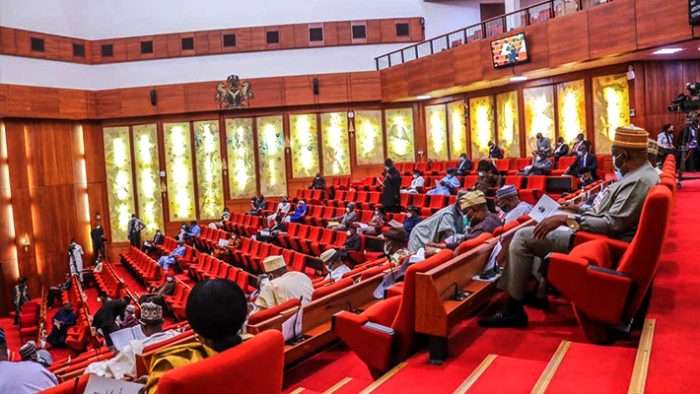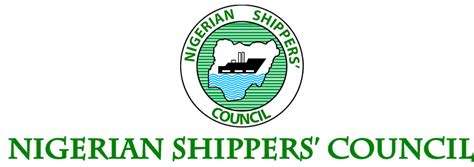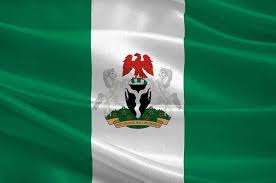The Senate has approved President Bola Ahmed Tinubu’s request for an external borrowing plan of over $21 billion for the 2025-2026 fiscal cycle. The comprehensive borrowing package includes $21.19 billion in direct foreign loans, €4 billion, ¥15 billion, a $65 million grant, and domestic borrowing through government bonds.
Nigeria’s Debt Situation:
- Rising Public Debt: Nigeria is grappling with a concerning combination of rising public debt and increasing poverty.
- Debt Burden: The country’s debt stock has increased considerably over the past five years, straining the nation’s finances and potentially hindering long-term development.
- Debt Servicing Costs: High debt levels can lead to increased debt servicing costs, diverting government revenue from essential investments in infrastructure, education, and healthcare.
Risks Associated with Nigeria’s Debt:
- Economic Growth: Improper use of borrowed funds can lead to stifle economic growth, increase poverty, and limit the government’s ability to respond to economic shocks.
- Investment: Excessive debt has discouraged both domestic and foreign investment, as investors become wary of lending to a highly indebted nation.
- Debt Crisis: If Nigeria’s debt becomes unsustainable, it could lead to a debt crisis, triggering a financial crisis and further damaging the economy.
Concerns:
- Effective Debt Management: Effective debt management, diversification of revenue sources, and investment in productive sectors are crucial to mitigating the dangers associated with Nigeria’s debt.
- Debt Service-to-Revenue Ratio: The debt service-to-revenue ratio, which peaked at over 90% in 2023, is presently under pressure, posing a significant threat to Nigeria’s national security.
The approval of the external borrowing plan has raised concerns about Nigeria’s debt situation and its potential impact on the economy. The government must ensure that the borrowed funds are used effectively to drive economic growth and development, rather than exacerbating the country’s debt burden.




